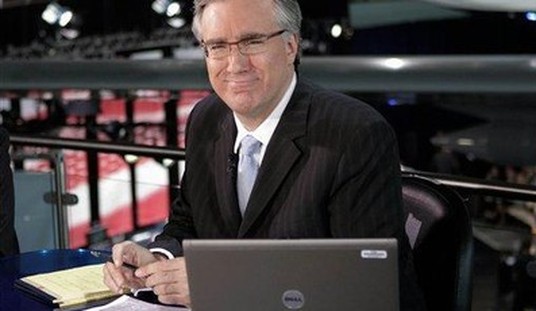Throughout his first 100 days President Obama has amply demonstrated his fundamental belief that government knows best. His rash and intrusive decisions intended to return the U.S. economy to prosperity illustrate that his instincts are all wrong. Consider the following telling actions: President Obama spent more time pondering who should be the “first dog” than how $2 trillion of taxpayers’ money should be spent; he fired the head of GM; and, he suggested to the BCS how the national college football champion should be determined.

The Obama administration’s doctrine that only a large activist government – one that spends large sums of money as fast as possible – can ensure that the U.S. will have a prosperous future is sadly at odds with economic history. Excessive government spending and economic growth are like oil and water – they do not mix. Economic growth in the U.S. will be meager at best if Obama’s policies are implemented, even after the current financial and mortgage crisis passes. And, if the spending spree is not arrested, we could then be facing a Japanese-style lost decade.
Governments raise money by taking resources away from the private sector through taxes and borrowing. Because all borrowed revenues must be paid back in the future, money borrowed today simply represents additional tax burdens tomorrow. All government revenues, therefore, represent a tax on the productive sector. Taxes create a divergence, or wedge, between people’s efforts and their reward for that effort. The separation of reward from effort diminishes incentive to work, save and invest.
Since the end of World War II, there has been 6 distinct periods where government’s role in the economy changed course. These periods provide stark examples of the adverse impact from high and/or rising total federal, state and local government spending on the economy’s growth rate. Reciprocally, they illustrate the beneficial impacts from low and/or falling government spending on the economy.
Recommended
When looking at the impact of the government on the economy it is the impact on the private sector that is most important. The broadest measure of economic growth that is most often reported in the news is Gross Domestic Product or GDP. Included in GDP is total government spending – typically government spending is approximately 20% of total GDP. Because government spending is part of GDP, GDP is not an appropriate measure for determining the impact of government spending on the economy. Instead, GDP adjusted to net out total government spending and government transfer payments such that just the value of private sector production is the appropriate measure. The value of the private sector can be calculated based on data from the U.S. Bureau of Economic Analysis.
Between 1950 and 1965, total government expenditures relative to the size of the private sector were low. Additionally, although the government grew quicker than the private sector, the growth was slight, rising from 27% of the private economy in 1950 to 32% of the private economy by 1965. Average private sector growth, adjusted for inflation, was a robust 3.6% per year during this period.
1965 was a defining year. With the start of President Johnson’s “War on Poverty” and other “Great Society” programs, the relationship between the government and the economy changed dramatically. Between 1965 and 1983, growth in total government expenditures significantly outpaced the growth in the private sector. By 1983, total government expenditures were now nearly one-half the size of the private economy. Growth in the private sector, adjusted for inflation, subsequently slowed to 2.5% per year during this period. The implications from the slowdown in private sector growth are tremendous. Had the economy continued to grow at its previous average growth rate, it would have been 20% larger in 1983 – an additional $884 billion in private sector earnings.
Since 1983 the relative size of government has never come close to returning to its pre-1965 levels. Between 1983 and 2007 government spending has vacillated between periods of restraint followed by periods of rapid growth. The outcome for the economy was quite predictable. Government spending restraint during the Reagan and Clinton years helped fuel average annual private sector growth of 5.1% and 4.5%, respectively. During the Bush I and Bush II years, control over government spending weakened, which was reflected in slower average annual private sector rates of growth, 1.0% and 2.0% respectively.
This brings us to today. Trillions of dollars have already been thrown at fighting the current financial crisis. Add to this the trillions of dollars that the Obama Administration wants to commit to socialize health care and address greenhouse gas concerns and total federal, state and local spending commitments will simply explode to unprecedented heights.
U.S. economic history clearly shows that a relatively large and/or growing government sector saps the vitality of the private sector; so does Japan’s. The record intrusion of government that the Obama Administration is trying to launch will cause growth in the private sector to stagnate.
Such a dire outcome is only inevitable if we continue traveling down our current path, however. Arresting the extreme growth in spending will help re-establish a sound policy foundation in which our economic recovery from the current financial crisis can flourish. Continuing down the current path threatens the global economy with another lost decade; this one occurring in the U.S.























Join the conversation as a VIP Member